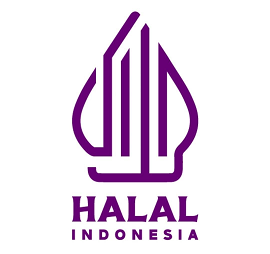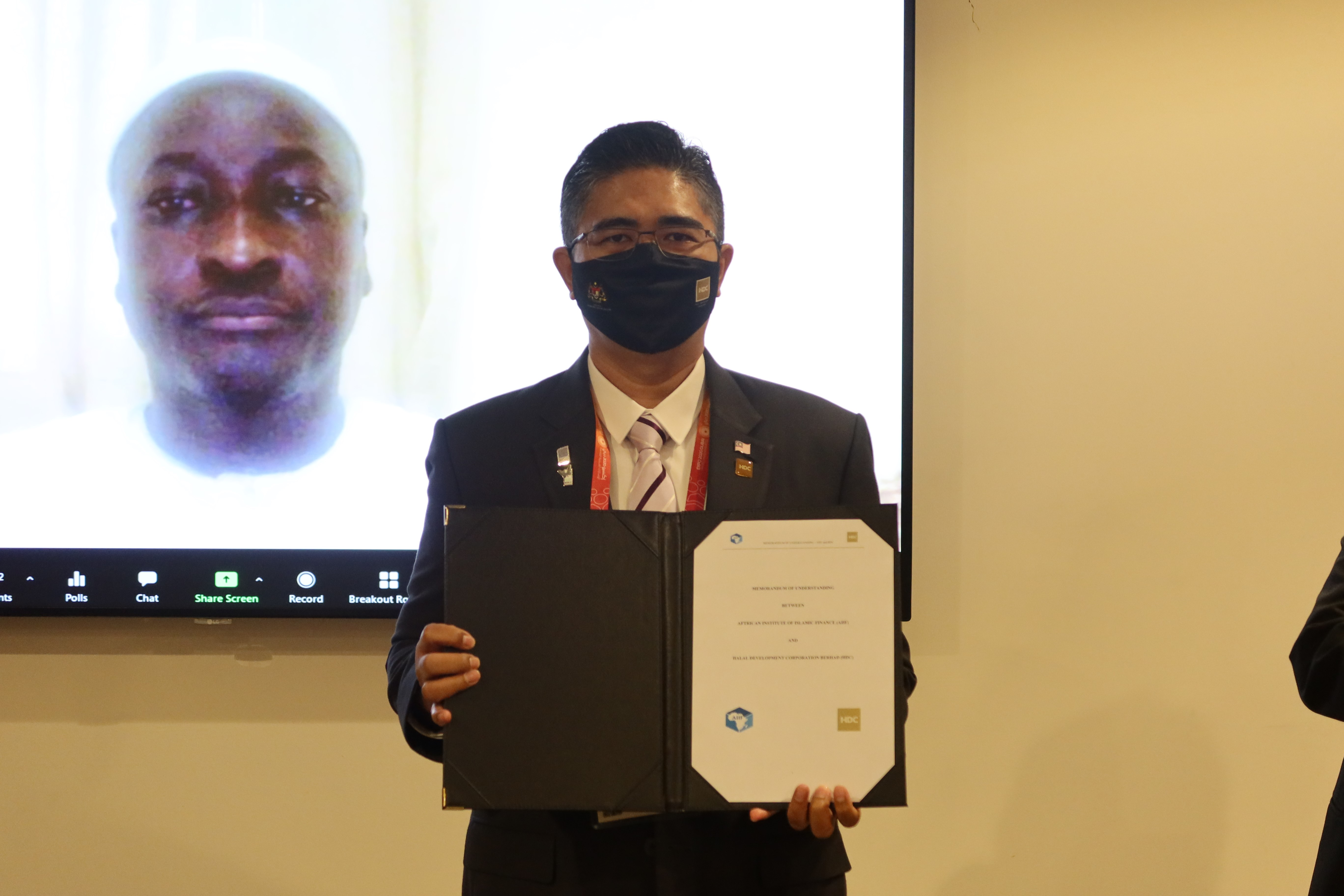By Nur Haziqah A Malek – The Malaysian Reserve
The 11th World Halal Conference 2019 commenced yesterday to discuss the industry’s needs and build new capabilities
Ensuring that Islamic finance is complied with should be the next step forward for the halal trade industry.
Malaysia Halal Council member Datuk Dr Afifi Al-Akiti said a lot has been done for halal certification and the next step for the industry is to look at Islamic trade finance.

“This is what I think should be the next step. With the success of Islamic finance globally, it is striking that Islamic trade finance makes up the minority of global trade finance, which amounts to only 1.5% as of 2016.
“Hence, the reason we are looking into this (the implementation of Shariah-compliant finance),” he said at the World Halal Conference (WHC) 2019 yesterday.
Afifi — who is also Oxford Centre for Islamic Studies fellow and Federal Institutions of Islam high-level panel deputy chairman — added that Islamic banks want to push for the implementation in trade as regulators and the government are required to come up with policies to encourage multinational companies to observe end-to-end compliance.
“According to a Bank Negara Malaysia report in 2014, it clearly stated that ‘an end-to-end policy in Shariah compliance culture in the halal industry has to be established’, which means we need to integrate the industry with Islamic finance…and that should be the next step.
“I think it should be the responsibility of government agencies such as the Halal Industry Development Corp Sdn Bhd (HDC) under the Ministry of Economic Affairs (MEA) to drive this project forward,” he said.
Afifi also said gone are the days when people need to worry about halal certifications for every product available.
“If you just look at the 1.5%, that means the growth potential is huge…the potential for sukuk financing is there and this is yet to be realised,” he said.
Meanwhile, MEA service industry section director Dr Khalid Abdul Hamid said there is a dedicated council which has been tasked for the halal industry’s financing.
“The council oversees the financial system. The ideal is that it should be packaging the whole industry, including both upstream and downstream, services and products, and bind them together.
“You can’t have one conventional end, and the other end is halal and Shariah-compliant. If we want to be sustainable, everything has to be in line,” he said.
The 11th WHC 2019 commenced yesterday to facilitate discussions on the industry’s needs, as well as to reflect on existing strengths and build new capabilities.
Organiser HDC VP Hanisofian Alias said Prime Minister Tun Dr Mahathir Mohamad had outlined macro strategies to strengthen the resilience of the local economy.
“These strategies can only be realised, among others, through driving productivity and promoting quality investment,” he said.
According to the State of the Global Islamic Economy report 2018/19, Muslims were estimated to have spent US$2.1 trillion (RM8.57 trillion) across the food and beverage, and lifestyle sectors in 2017.
The report also stated that the spending is expected to expand to US$3 trillion by 2023.



